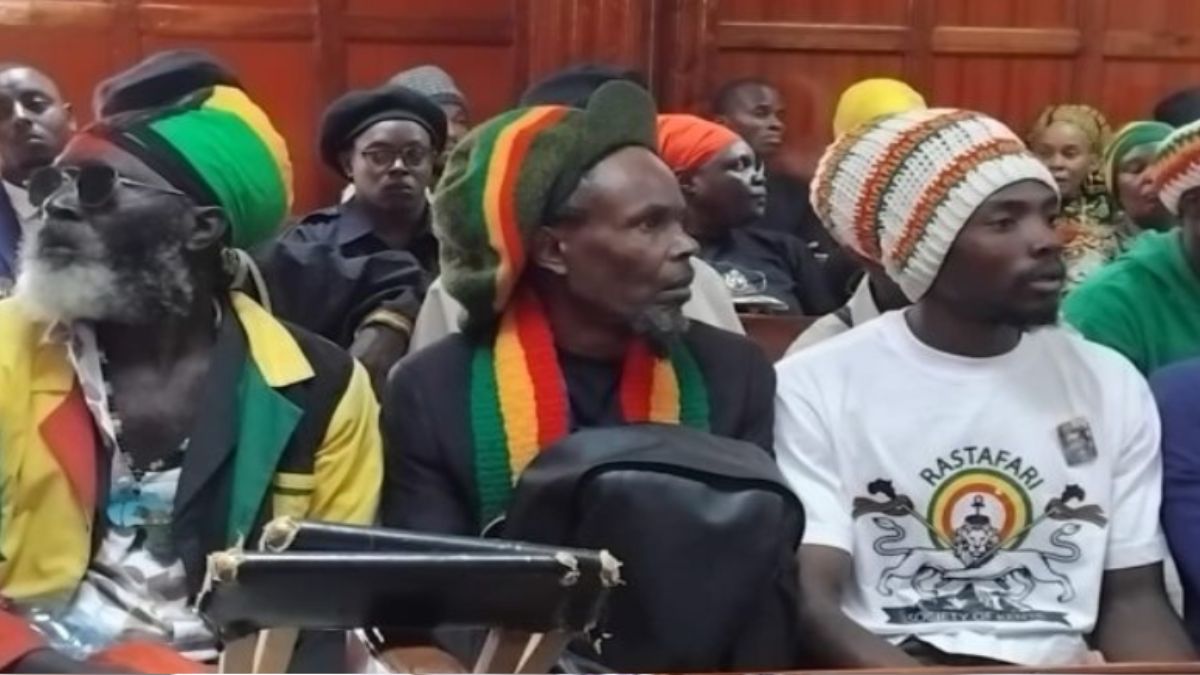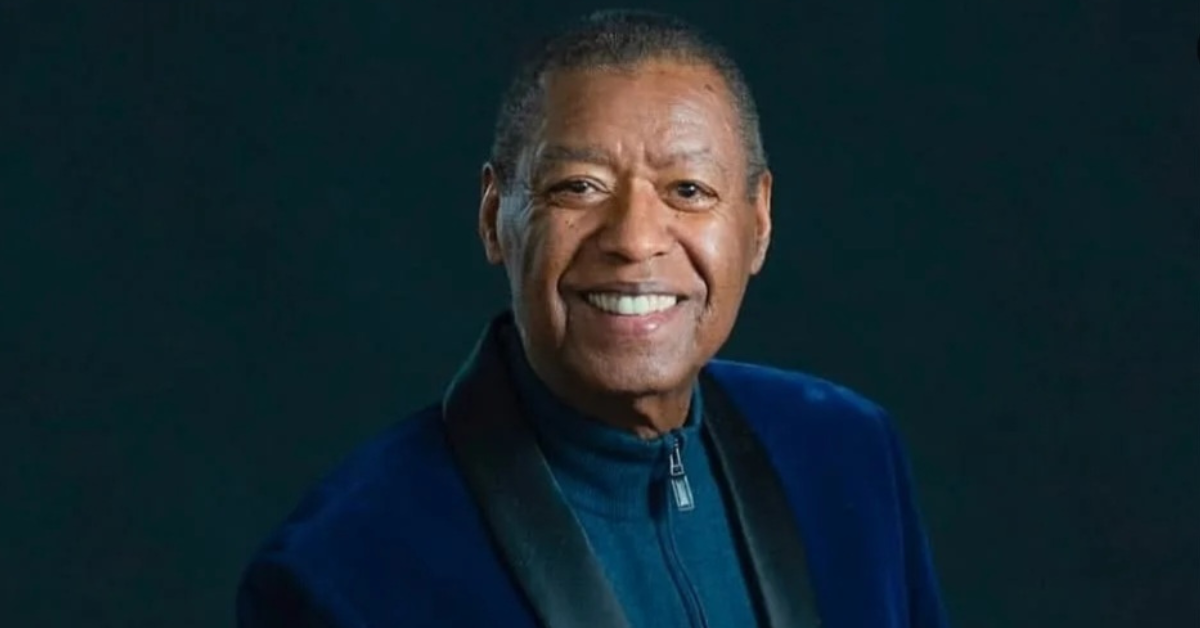Kenya’s music industry is a paradox. Kenya is a powerhouse of potential betrayed by structural dysfunction and a frightening lack of vision, while Nigeria, South Africa, and Tanzania have established powerful sonic identities on the global arena.
A terrible identity vacuum drives this issue. Years of imitation and market uncertainties have weakened Kenyan music’s traditions including Benga, Chakacha, and Swahili Taarab.
Gengetone temporarily gave Kenya an urban sound with its raw and youthful expression. However, moral panic, radio bans, and conservative gatekeepers attacked and suppressed it.
Lack of cultural confidence plagues the sector. Global content has conditioned Kenyan youth to revere Nigerian Afrobeats, South African Amapiano, and Western hip-hop while degrading their own sounds.
Local radio stations play foreign music above Kenyan culture. Local musicians are considered second-tier by the media’s infatuation with foreign aesthetics, which has deepened a cultural inferiority complex.
Industry unregulation has also allowed intermediaries and corporate gatekeepers to exploit artists. Events, advertising firms, and broadcasters often operate in a gray area with lax performance fees and music licensing.
The lack of official and business sector support exacerbates this identity disintegration. The government’s Talanta Hela program was designed to boost creativity.
They become political PR poster initiatives without a strategy, money, or sustainability. Arts funding is often cut, mismanaged, or used for pet projects.
Few artists can traverse the bureaucratic nightmare of public funding due to lack of openness. Inefficiency and fund embezzlement have plagued creative institutions including the Kenya Film Commission and Music Copyright Society of Kenya (MCSK).
A 2023 audit found that MCSK disbursed less than 20% of royalties to artists, a scandal in a country where musicians struggle.
Kenya’s music industry is now riddled with lack of sustainable music distribution channels. There are no professional Artists and Repertoire (A&R) systems, talent incubators, or copyright safeguards. Exploitative or nonexistent record labels are the order of the day. Gengetone’s Sailors Gang had a brief spell at stardom, and went under largely due to management issues and a lack of clear creative longevity plan.
To survive, many musicians have been forced to produce, manage, and sell themselves. Stivo Simple Boy, for instance, has had to change her management on several occassions, on allegations of exploitation.
Artists loose thousands of dollars due to content theft, unauthorized uploads, and WhatsApp and Telegram sharing. Major Nemeye Khadija, popularly known by his stage name Mejja, had his hit-song ‘Tabia Za Wakenya’ pulled down from YouTube due to allegations of copyright infringement.
Apathy and mockery greet musicians who complain, and enforcement is rare. Hubert Nakitare, popularly known as Nonini, last week was a victim of online criticism when he released behind-the-scenes of his performance in a recording studio in his signature genge style, attempting to blend it with contemporary trends. A section of Kenyans felt that the style is outdated.
Even when a Kenyan musician breaks through with a viral song or high-profile collaboration, the business frequently lacks infrastructure to sustain momentum. There is no global music export strategy for Kenya, with limited regular local talent festivals.
Kenyan artists’ emotional toll may be the most devastating, YouTube and Spotify have opened new doors, yet they are underutilized. Without substantial support or viral popularity, musicians have minimal digital literacy and little streaming earnings.
The leaders who ignored their appeals play their songs at political rallies as legends die in poverty. Hungry young talent must work numerous jobs or resign.
Revenue model breakdown causes the problem. Although Spotify and YouTube have given musicians global exposure, local infrastructure fails to turn visibility into money. Moreso, Without substantial support or viral popularity, musicians have minimal digital literacy and little streaming earnings.
Music must no longer be a side gig, cultural accessory, or political instrument in Kenya. It must create effective institutions, protective legislation, and a positive narrative. Until then, the industry will be beautiful, haunting, and unfinished.












